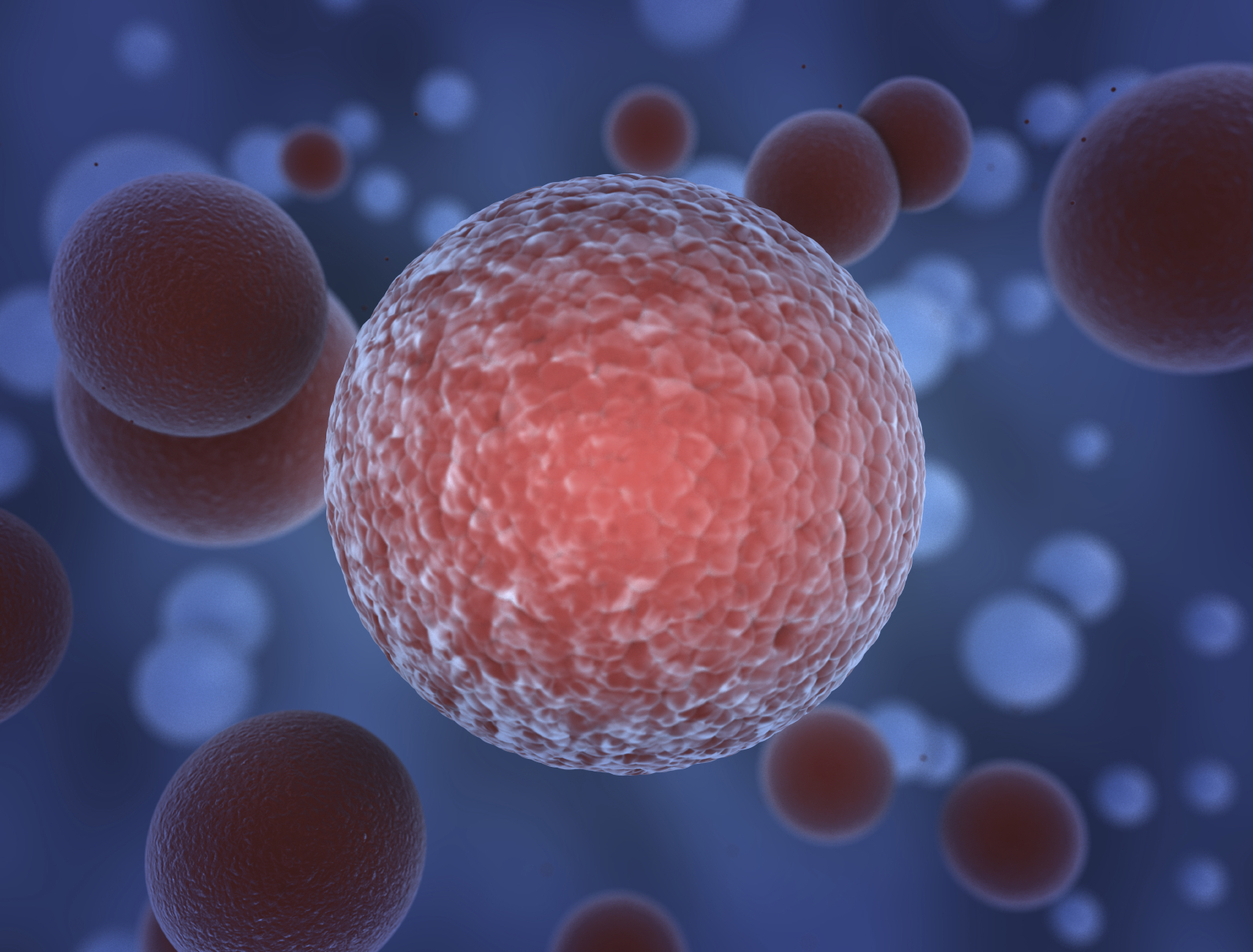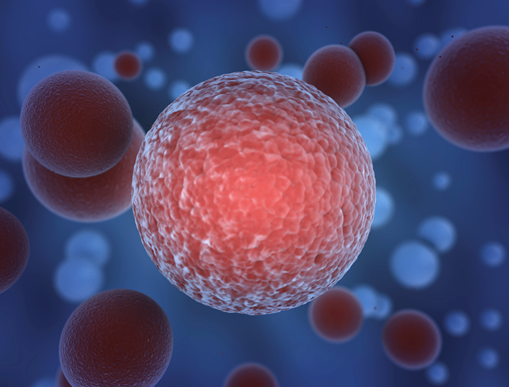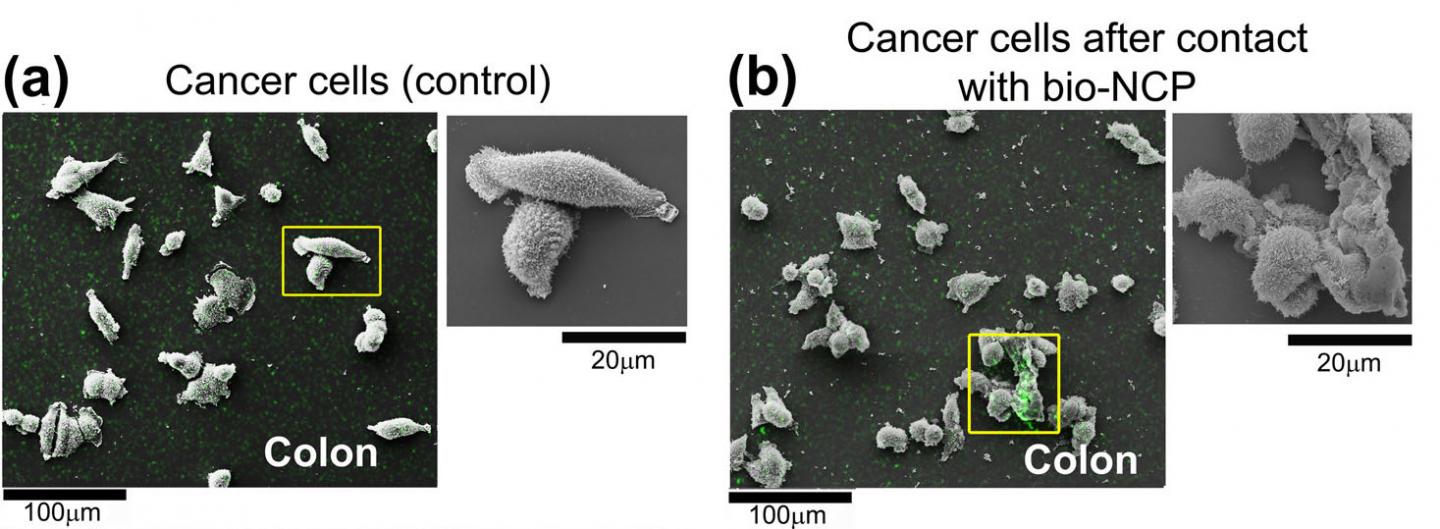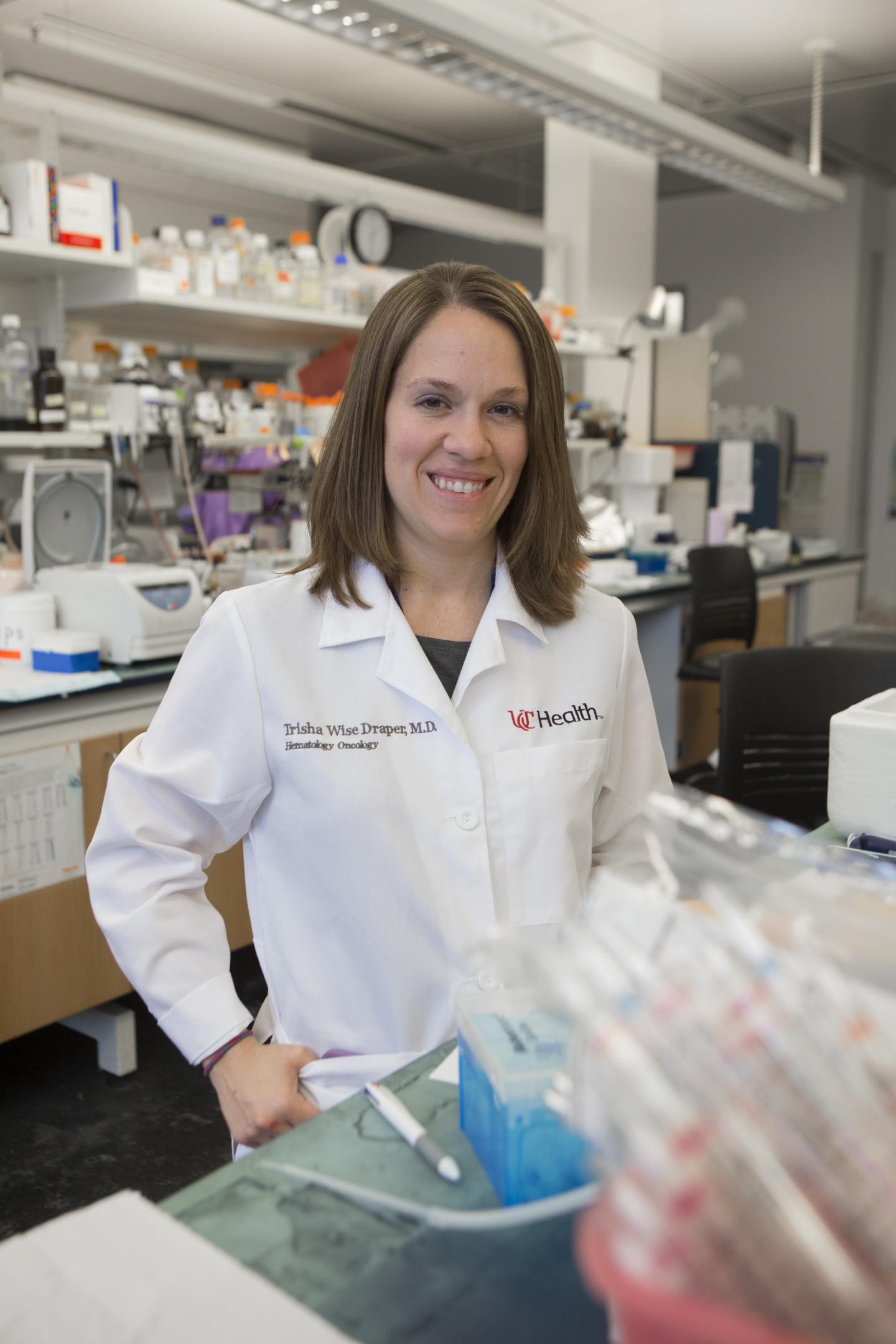.gif)
PVS-RIPO Virus
There has been much buzz about the recent studies performed at Duke University since it was featured on 60 minutes on March 29th. This research has been focused on genetically engineering the polio virus to use for therapy in patients with cancer, more specifically, glioblastoma. The basis of this experimental therapy surrounded the scientific hypotheses that viruses could target cancer with viruses. In fact, these are ideas that have been around for a hundred years or more. Scientists at Duke took the Polio virus and genetically modified it to remove the harmful sequence that causes paralysis and replaced it with a harmless cold virus sequence. This new polio virus (PVS-RIPO) was then injected directly into the brain of the patients in the clinical trial.
So far, their work has proven that this is very promising treatment for cancer patients because they were able to not only shrink the tumors in several patients in this study but also diminish them until they were completely cancer free. However, there were patients that were not so lucky and did pass away during the course of this clinical trial. The goal of this study was to determine the proper dosage of the virus and scientist did in fact gain valuable insight that will help to continue to prove that this immunotherapy and other like it.
Read more
image above from www.cancer.duke.edu
Related Products:
Immunology Assay Kits
Cancer Biomarkers Kits







.gif)